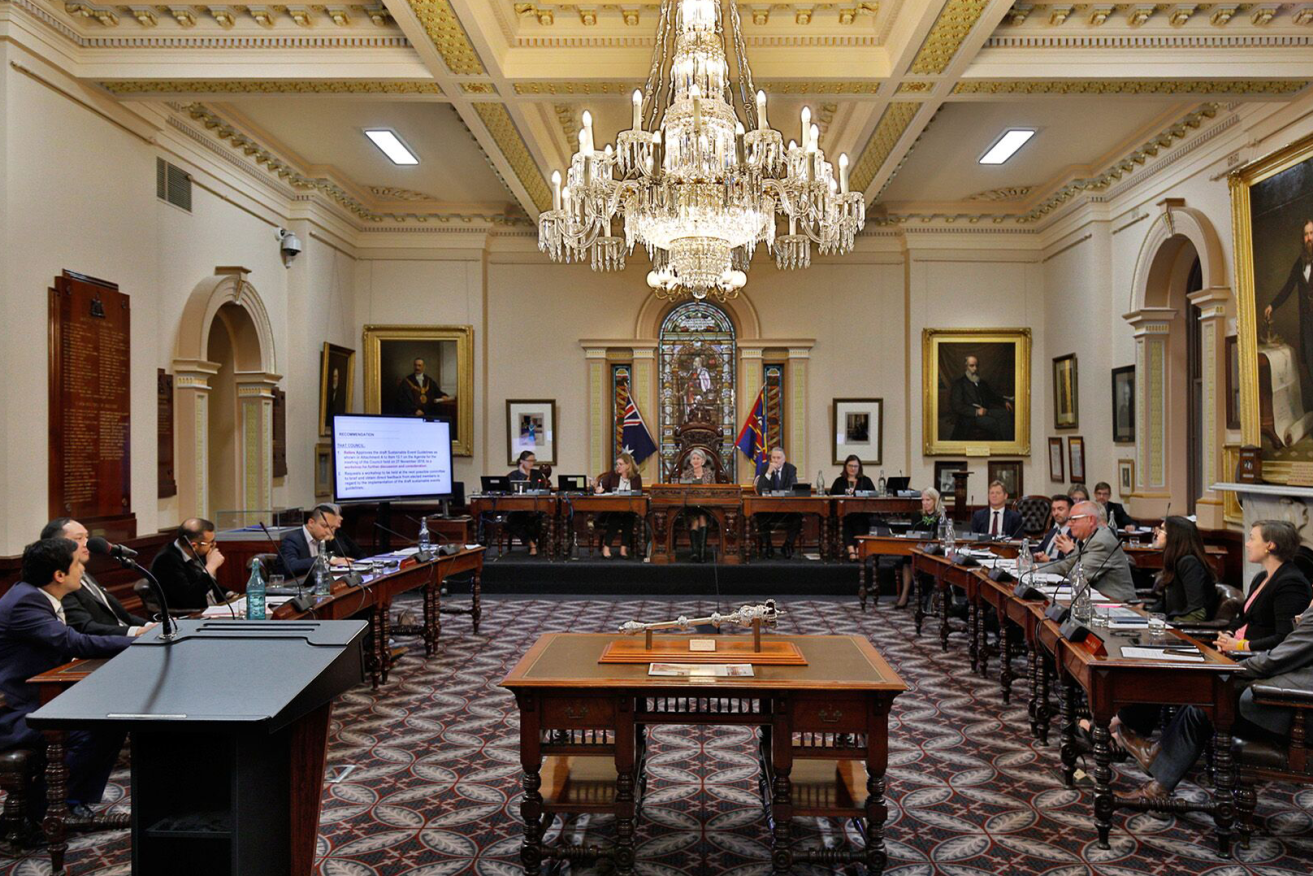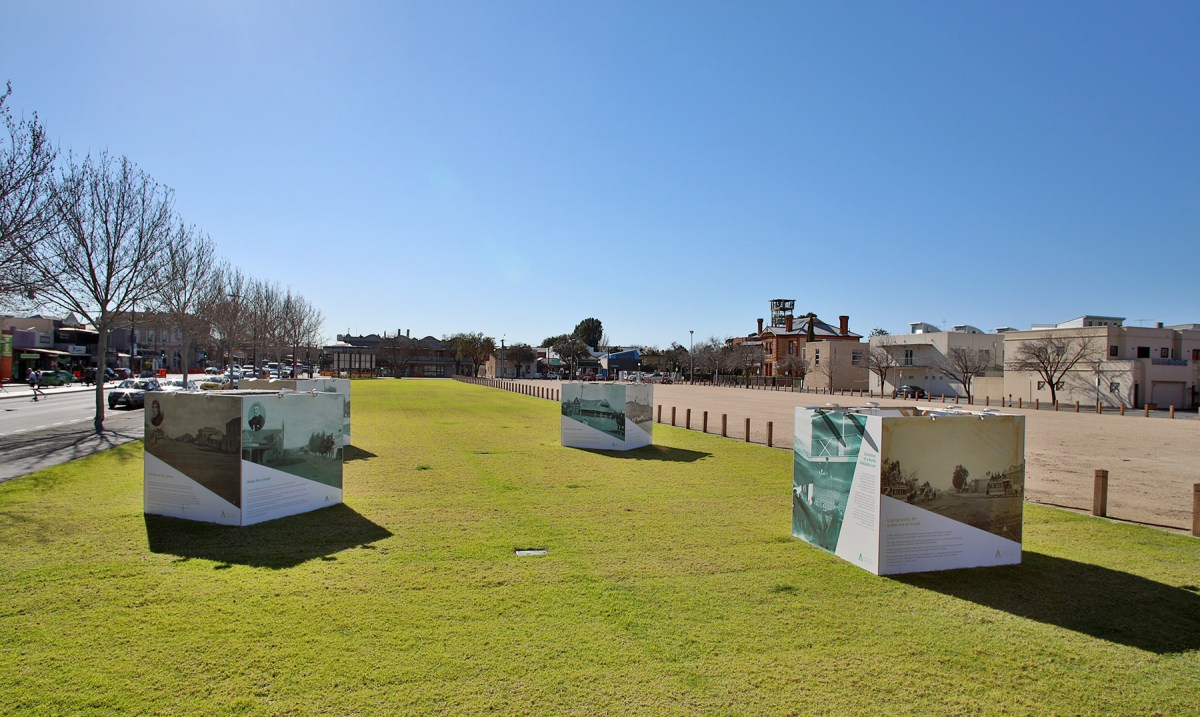City Council pushes for 20-year debt repayment extension
Adelaide City Council will vote on whether to extend its borrowing repayment timeframe to 20 years following its purchase of the $34 million old Le Cornu site last year.

The new Adelaide City Council will vote to adopt a revised Treasury Policy at Tuesday night's council meeting. Photo: Tony Lewis / InDaily
A revised Treasury Policy, up for approval at tomorrow night’s council meeting, outlines a blanket 20-year timeframe for the council to repay principal and interest from borrowings – including funding used for major infrastructure projects and land banking.
If passed, the clause would replace the council’s current debt repayment policy of six years for loans less than $10 million and 10 to 15 years for loans in excess of $10 million.
Financial statements show the City Council borrowed $28 million during the 2017-18 financial year to fund what council administration described as “2017-18 projects and a strategic property acquisition”.
The city council announced in December last year that it had bought the former Le Cornu site at 88 O’Connell Street with the help of a $10 million State Government grant.
As InDaily exclusively revealed last year, the sale price was up to $14 million above the site’s professionally assessed value.
Council administration is yet to respond to InDaily’s inquiry asking if the proposed borrowing repayment change has any relation to the council’s purchase of 88 O’Connell Street or if council is considering developing the site itself – an option which has been modelled to cost more than $170 million, and would push the council beyond its current prudential limits.
North ward councillor Phil Martin, who sits on the Audit Committee, which approved the revised Treasury Policy, told InDaily this morning extending the borrowing repayment timeframe to 20 years was not inconsistent with the policies of other councils.
He said extending the timeframe would be “helpful” in the event that the council needed to borrow large sums of money.
“Sadly, with our current financial circumstances that will be more likely,” he said.
“Without the sale of 88 O’Connell Street, in the coming financial year… our borrowings will exceed our prudential limits unless that is changed.”
But area councillor Anne Moran said extending repayment timeframes was not the answer to addressing what she described as the city council’s “uncomfortable” financial position.
She described the 20-year timeframe as “mania”, adding the council should strive to repay loans “as quickly as possible” to alleviate future burden.
“We’ve got more loans at the moment than I am comfortable with and we are coming right up to the prudential limit,” Moran said.
“We should not be pushing back to the future to go into the situation where we are crippling future councils with the debt that we’re accruing now – all that would be doing is to keep council in a high debt.”

The 88 O’Connell Street site.
Adding to the council’s financial concerns is what former Lord Mayor Martin Haese described in July as a “profound” and “unacceptable” cost blowout on the multimillion-dollar Gawler Place upgrade, which was originally costed at $7.85 million and is now set to cost nearly $17 million.
“If the repayment for borrowing is causing us stress then Gawler Place needs to be removed from the books to allow council to stay away from entering more debt,” Moran said.
“Gawler Place doesn’t need much but I think the extra expenditure that has just kept on being added on has broken the camel’s back.”
The revised Treasury Policy also outlines a proposal for the City of Adelaide to preference investment securities and financial institutions that do not invest in the fossil fuel industry, where there is a competitive rate of return.
If the policy is approved at tomorrow night’s meeting, Adelaide will become the third capital city in Australia after Melbourne and Hobart, and the first council in South Australia, to divest from the fossil fuel industry.




